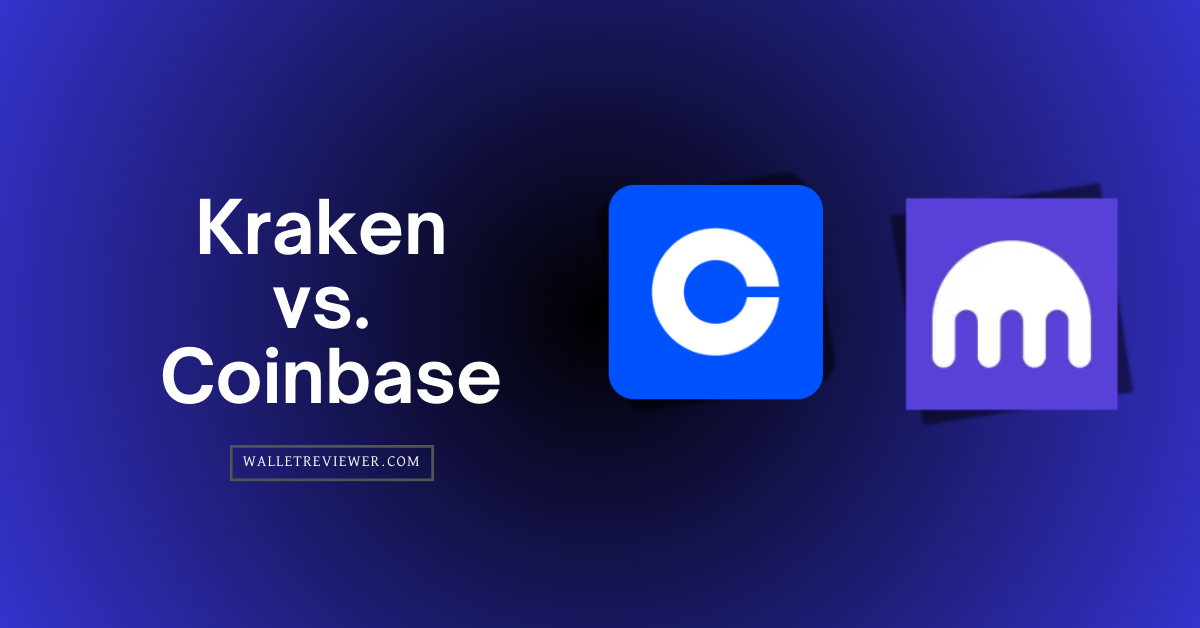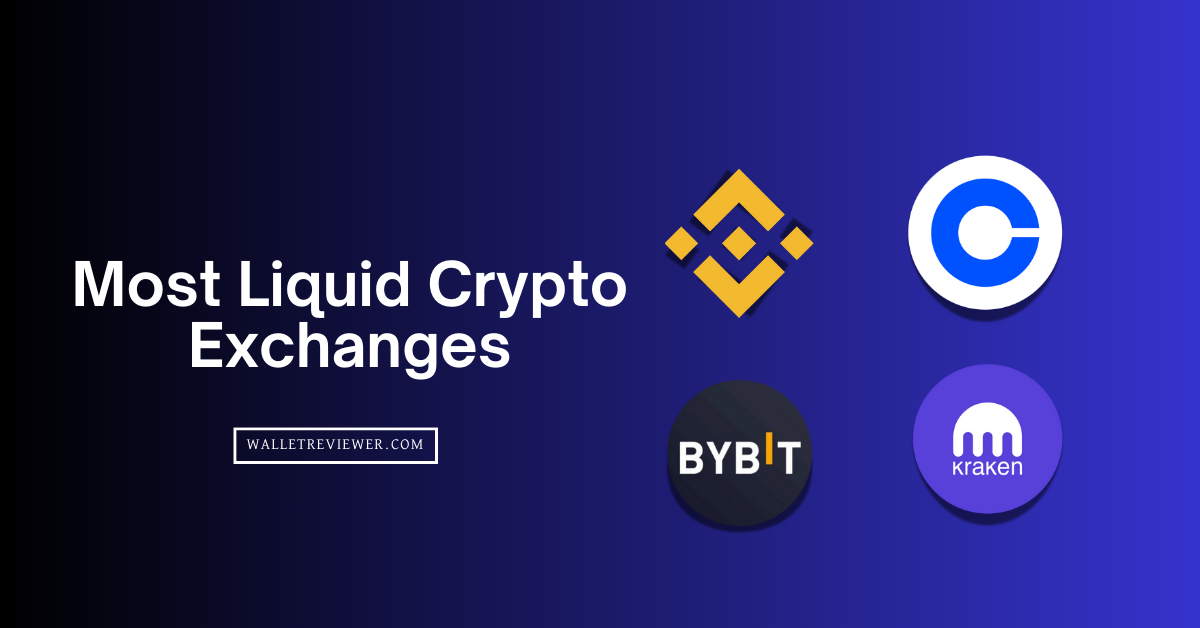Choosing the right platform is the first and most important step you take when starting with cryptocurrency. You really need an exchange that combines a super user-friendly experience with strong security and fair pricing.
Basically, you want a top crypto app for beginners that doesn’t treat you like a seasoned Wall Street trader, but still gives you access to the crypto assets you want to buy. I guess these 10 best crypto exchanges for beginners listed below really stand out right now in 2025.
Top 10 Best Crypto Exchanges for Beginners in 2025
We’ve handpicked the 10 best crypto trading platforms for beginners and listed them here. Each one is great for newcomers, but each has its own strengths.
- Bitget: Best for global users overall
- Kraken: Best for U.S. and Europe (FinCEN and MicA registered)
- BingX: Best for altcoin trading
- MEXC: Best for low fees and no-KYC trading
- Binance: Best for high-volume trading
- Bybit: Best for perpetual futures
- KuCoin: Best for high security
- Coinbase: Best for beginners or newcomers
- LBank: Best for meme coin trading
- Pionex: Best for trading bots
The Best Crypto Exchanges and Trading Platforms for Beginners Compared
Here is a quick comparison table of the best crypto exchanges for beginners. We’ve compared their supported cryptocurrencies, fee structure, licensing/regulation status, special features, security measures, and an overall rating for beginner-friendliness:
| Exchange | Supported Cryptos | Fees | Licensing | Key Features | Overall Rating |
|---|---|---|---|---|---|
| Bitget | 800+ coins | Spot 0.1%; Futures ~0.02%/0.06% | Licensed in multiple countries (not U.S.) | Copy trading, 125x futures, earn products | 4.8/5 |
| Kraken | 420+ coins | 0.16%-0.26% (Pro trading); ~1.5% instant buy | US & global licenses (highly regulated) | Spot, futures, staking, fiat deposits | 4.7/5 |
| BingX | 700+ coins | Spot 0.1%; Futures 0.02%/0.05% | Global (not available in US) | Social & copy trading, grid bots, P2P | 4.6/5 |
| MEXC | 2800+ coins | Spot 0% maker/0.1% taker (very low) | Global (offshore, limited regulation) | Huge altcoin selection, launchpad events | 4.5/5 |
| Binance | 350+ coins | Spot 0.1% (0.075% with BNB discount) | Global (various registrations; not in the US) | Largest liquidity, all trading products, earn, card | 4.4/5 |
| Bybit | 100+ coins | Spot 0.1%; Futures 0.02%/0.055% | Global (registered in UAE; no US) | Derivatives up to 100x, copy trading, earn | 4.4/5 |
| KuCoin | 750+ coins | Spot 0.1% (0.08% with KCS token) | Global (not licensed in US; KYC required) | Wide coin variety, lending & staking, P2P | 4.3/5 |
| Coinbase | 300+ coins | ~1.5% simple buy; Advanced trade 0.4%-0.6% | US-regulated (public company) | Extremely easy app, fiat on-ramps, Learn rewards | 4.2/5 |
| LBank | 2,000+ coins | Spot 0.1%; Futures 0.02%/0.06% | Offshore (KYC optional) | No-KYC trading, new coin listings, Launchpad | 4.1/5 |
| Pionex | 300+ coins | Spot 0.05% flat per trade (very low) | U.S. FinCEN MSB (for Pionex US); global | 16 free built-in trading bots, auto-invest | 4/5 |
Which Crypto Exchanges Are Best for Beginners (My Picks)
My 2 safest and best crypto exchanges for beginners without any doubt…
Best Crypto Exchanges and Apps for Beginners (Full Guide)
In this section, we provide a detailed look at each of the top crypto apps for beginners mentioned above. This full guide will help you figure out the best crypto exchange beginners can use based on your situation.
1. Bitget: Best for global users
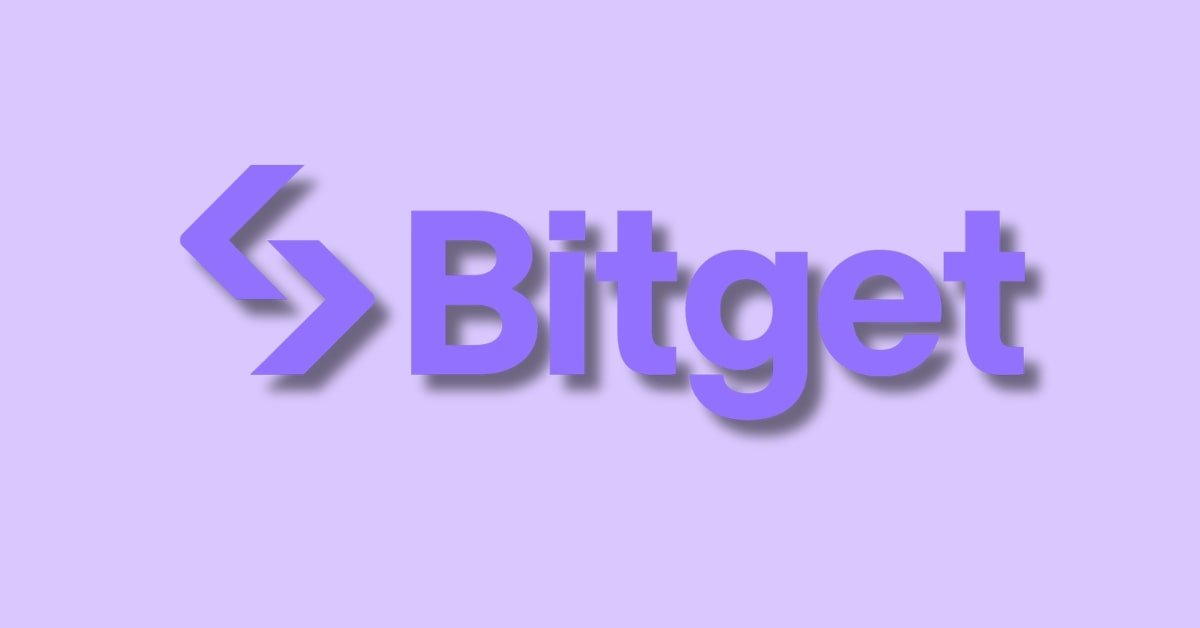
Bitget is a popular crypto exchange founded in 2018 that has quickly grown to serve a worldwide user base. It is especially known as the largest copy trading platform in crypto, meaning you can copy the trades of experienced investors automatically.
Bitget offers 800+ cryptocurrencies for spot trading, plus futures contracts with up to 125x leverage for when you’re ready to try advanced trading. It’s very beginner-friendly because of its modern mobile app and intuitive interface.
The Bitget exchange also has its own token (BGB) and offers yield-earning products and even a Launchpool for new coin farming. With over 45 million users across 150+ countries, Bitget is truly global (just note it’s not available in the U.S. due to regulations). Sure thing, if you’re outside the U.S., Bitget’s broad features and worldwide community make it one of the best crypto exchanges for beginners to start with.
Fees & Supported Countries
Bitget offers competitive low fees. Standard spot trading fees are about 0.1% per trade (both maker and taker), which is cheap. For futures trading, fees are also low (around 0.02% maker / 0.06% taker), so costs stay minimal as you learn.
Bitget supports 140+ fiat currencies for deposits and buying crypto. It’s available in over 150 countries across Europe, Asia, Africa, etc. But Bitget is restricted in the U.S. and a few other regions (like Canada and Singapore) due to local regulations, so U.S. residents cannot use it.
2. Kraken: Best for U.S. traders
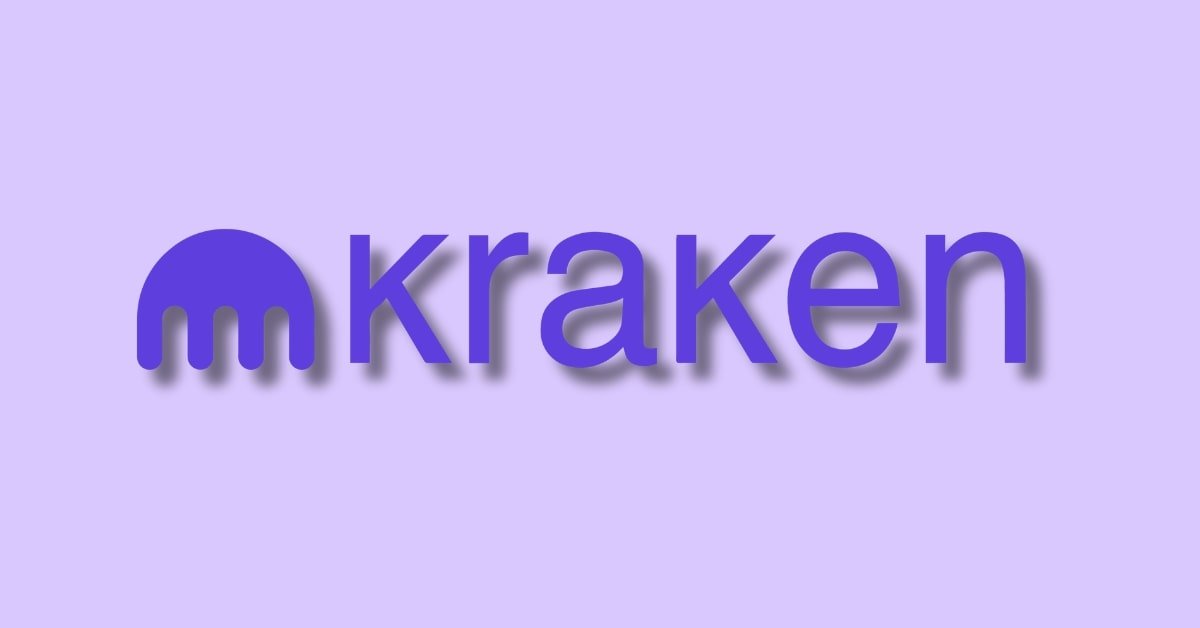
Kraken is one of the oldest and most respected crypto exchanges, launched in 2011. It’s often recommended as the best crypto exchange for beginners in the United States because of its strong compliance and security track record.
Kraken is fully licensed in the U.S. and Europe by MiCA, so you can trust that it meets strict regulatory standards. You’ll find Kraken’s interface straightforward: there’s a simple buy/sell option for newbies and the Kraken Pro trading interface for more advanced needs.
The Kraken exchange supports 400+ cryptocurrencies, including all the major coins and many altcoins, giving you plenty of choices for long-term investment or trading. Notably, Kraken has never been hacked, and it uses top-of-the-line security practices (like majority cold storage, regular audits, and 2FA). It also offers extras like staking (earn interest on your crypto) and futures trading up to 50x leverage.
Fees & Supported Countries
On Kraken Pro, the fees start around 0.16% maker / 0.26% taker for low-volume traders, and they get lower as your trading volume increases (high-volume traders can pay under 0.1%). If a beginner uses the instant “Buy Crypto” option on Kraken (which is very easy), the fees are higher (around 1.5% per transaction, plus spreads).
Kraken operates in 190+ countries worldwide, and it’s one of the few top exchanges fully accessible to U.S. residents (except in New York and Washington state due to local rules). It supports multiple fiat currencies (USD, EUR, GBP, JPY, CAD, and more) for deposits via bank transfer or card.
3. BingX: Best for altcoin trading
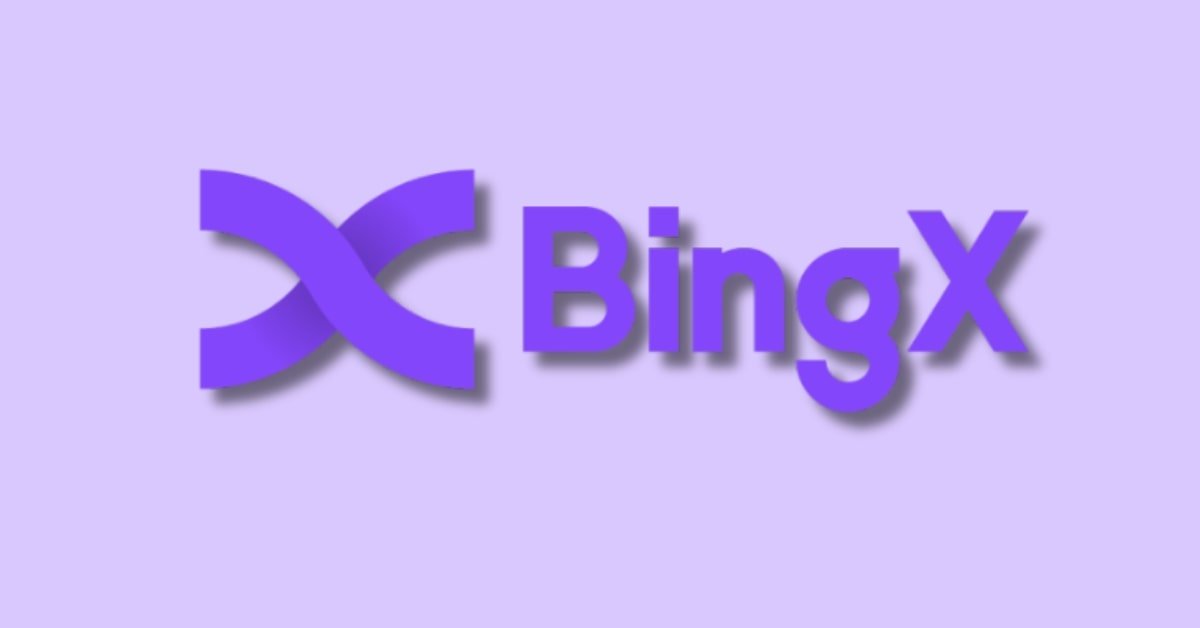
BingX is a crypto exchange for beginners who want to invest beyond just Bitcoin and Ethereum. It’s often highlighted for its huge variety of altcoins; over 700+ cryptocurrencies and new tokens are available on BingX.
So, if you’re the kind of beginner who’s interested in discovering up-and-coming coins or just wants a lot of choices, BingX has you covered. This platform started in 2018 (originally known as Bingbon) and also offers some social trading features, including copy trading. That means you can follow and copy other traders’ moves, somewhat like a social network for crypto traders, which is pretty cool for learning.
The interface on BingX is clean and modern; you can toggle between a beginner-friendly mode and advanced charts if needed. They also provide neat tools like grid trading bots that help automate buy-low/sell-high strategies for you. While not as famous as Binance, BingX has quietly become a top platform, especially in Asia, and it’s now expanding globally. It’s one of the top crypto apps for beginners who want lots of altcoins and a community vibe.
Fees & Supported Countries
Spot trading fees are around 0.1% for both maker and taker, which is very affordable. For futures trading, BingX charges roughly 0.02% (maker) / 0.05% (taker), in line with industry-low rates.
BingX supports users in 150+ countries across Europe, Asia, and beyond. However, it is not officially available in the US, UK, Canada, and a few other regions due to regulatory restrictions. Outside of those, most users can sign up with just an email. If you’re in a supported region, BingX offers multiple languages and accepts common payment methods (like credit card buys or P2P marketplace) to get you started easily.
4. MEXC: Best for low fees
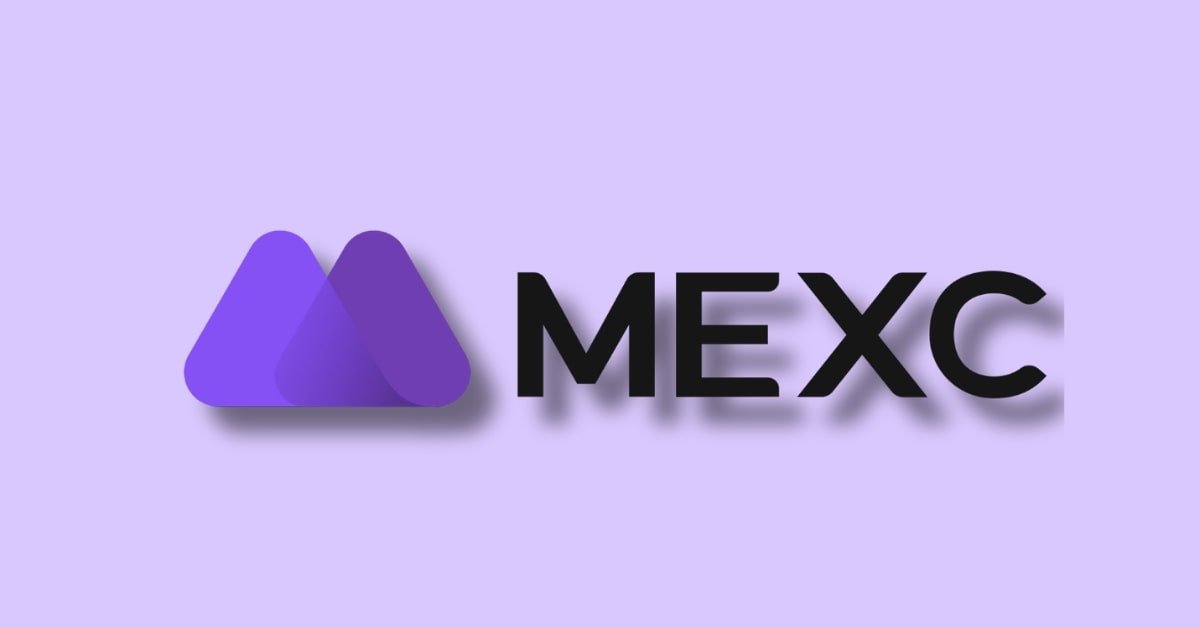
MEXC (formerly MXC) is an exchange that has made a name for itself by offering super-low fees and an enormous array of cryptocurrencies. They’ve been known to run zero-fee promotions on many trading pairs and often have 0% maker fees by default, meaning you pay virtually nothing if you place limit orders.
MEXC lists a staggering number of coins, over 2,800+ and counting, including many small-cap altcoins and meme coins you won’t find elsewhere. It is also a no-KYC crypto exchange for beginners, so you can trade with just an email and 2FA without ID verification. It supports up to 10 BTC per day withdrawal limits for non-KYC users.
Fees & Supported Countries
MEXC’s fee structure is one of the most beginner-friendly in crypto. Spot trading fees are typically 0% maker and 0.05% taker. For futures, MEXC often has 0% maker and around 0.02% taker fee, plus they frequently have special events like zero-fee months on certain pairs.
MEXC is available in 170+ countries, and it has a strong user base across Asia, the Middle East, and Europe. Most other regions are also fine, as KYC identity verification on MEXC is relatively lax (you can trade and withdraw small amounts without full KYC in many cases). Keep in mind that because it’s not heavily regulated, you should use good security practices (MEXC has standard security tech, but it’s always wise to not keep more funds on any exchange than necessary).
5. Binance: Best for high-volume trading
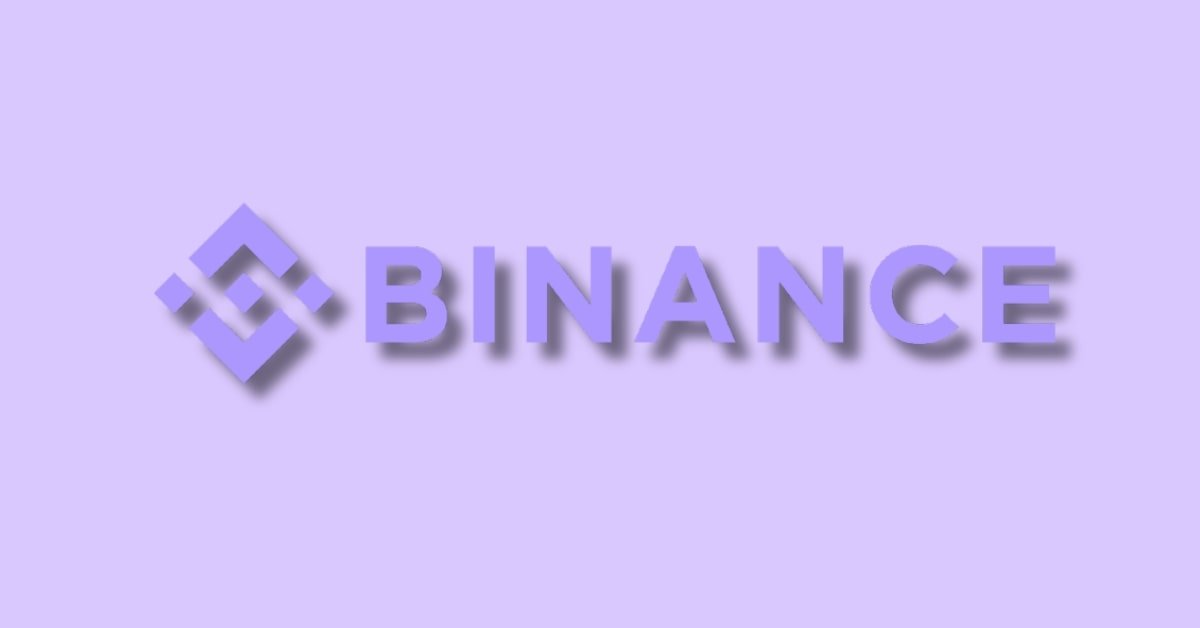
Binance is the world’s largest cryptocurrency exchange for beginners by trading volume and user count – and it’s a top choice for beginners globally (except in the US, where it has a separate platform). It offers 500+ cryptocurrencies and over 1,500 trading pairs, covering everything from the biggest coins to many newer altcoins.
As a beginner, you’ll appreciate Binance’s two modes: a simple “Convert” or “Buy Crypto” interface (very straightforward to buy coins with your credit card or bank account) and the advanced trading interface (which you can graduate to when ready).
Binance isn’t just an exchange; it’s an entire ecosystem including Binance Earn (for interest on holdings), Binance Launchpad (new token sales), an NFT marketplace, crypto loans, and more.
Fees & Supported Countries
Standard spot trading fees on Binance are 0.1% for both maker and taker. Plus, if you choose to pay fees using Binance’s own BNB token, you get a 25% discount, bringing fees down to 0.075%.
Binance serves users in 200+ countries, but it has some notable restrictions: users in the United States must use Binance.US (a separate, smaller exchange) because the global Binance.com isn’t allowed in the US. Binance has also restricted or left a few markets like Ontario (Canada) and some European countries for specific products, but by and large, if you’re outside the US, you can use Binance.
6. Bybit: Best for perpetual futures
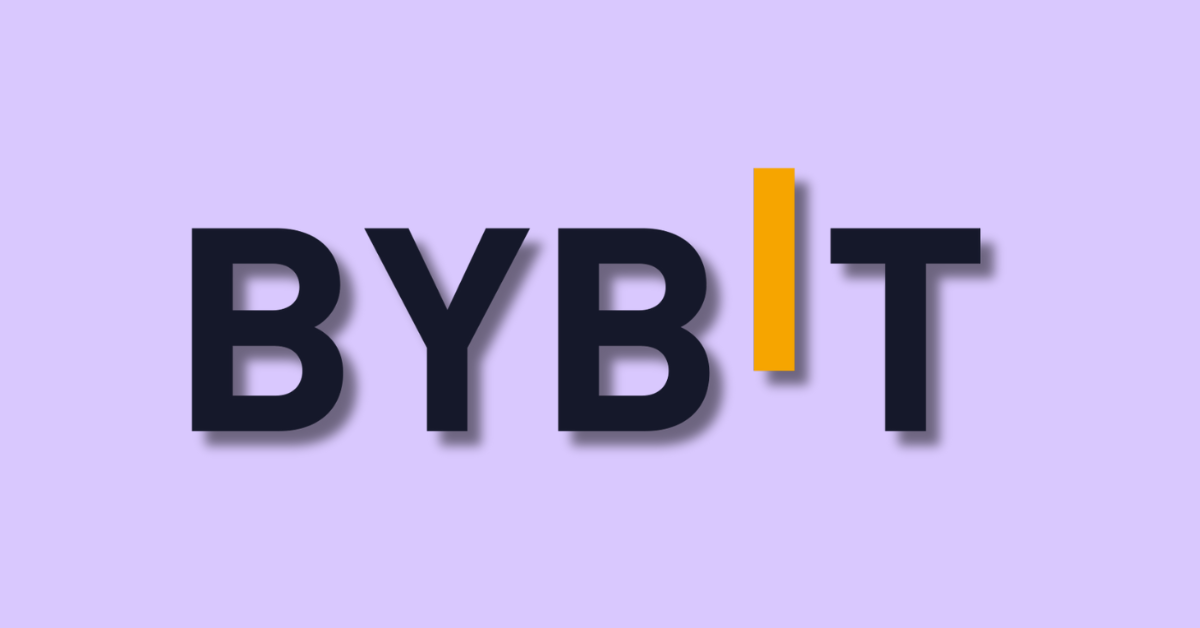
Bybit is a leading crypto exchange for derivatives trading, and it’s perfect for beginners who are interested in perpetual futures or leveraged trading. Bybit started in 2018, focusing on Bitcoin futures, and has since expanded to offer a wide range of perpetual futures contracts (BTC, ETH, and lots of altcoins) with up to 100x leverage.
Bybit shines in providing a super-smooth trading interface; their charts, order system, and app are very slick and fast, which you’ll appreciate if you decide to trade actively. They’ve also introduced margin trading, options trading, and other staking products.
Fees & Supported Countries
On Bybit’s perpetual futures, the fees are around 0.02% for makers and 0.055% for takers (for USDT-margined contracts), which is quite low. Sometimes they even offer maker rebates or special 0 fee events on certain pairs. For spot trading, Bybit charges a flat 0.1% fee for both makers and takers (similar to Binance).
Bybit supports customers in many countries across the globe, with the notable exception of the United States (no service to US residents) and a few restricted nations. Recently, Bybit has pursued licensing in places like Dubai and other jurisdictions to solidify its legal status.
7. KuCoin: Best for high security
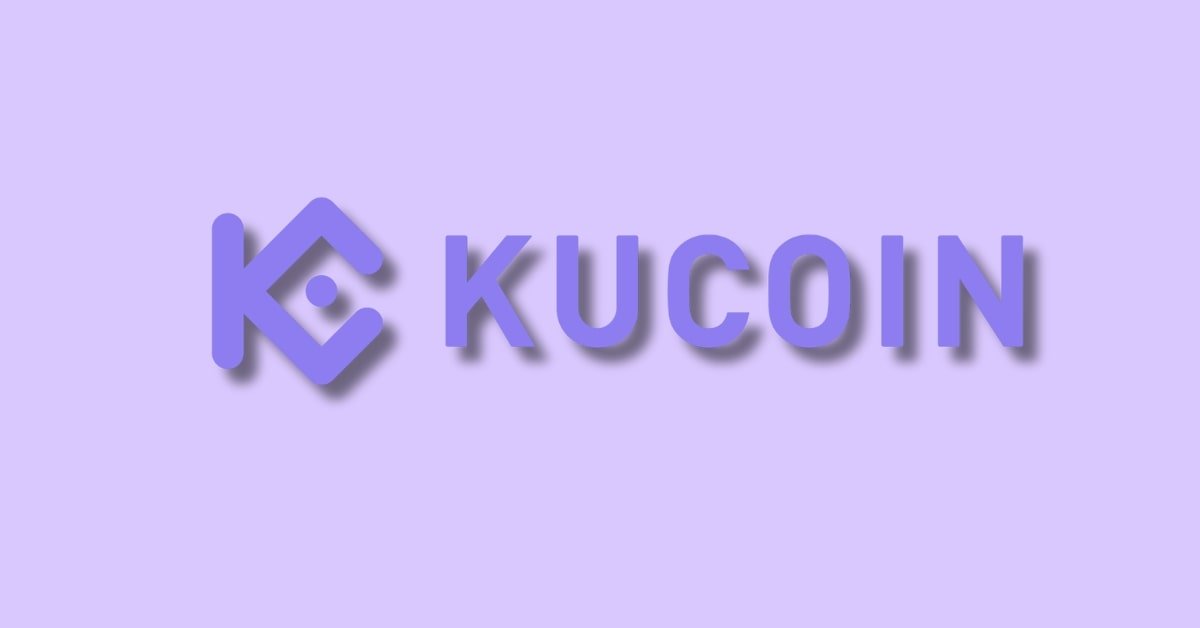
KuCoin is often nicknamed “The People’s Exchange” and has become a powerhouse platform known for a vast array of altcoins and a commitment to security. Founded in 2017, KuCoin has grown to serve over 40 million users worldwide by 2025.
For beginners, KuCoin offers a very balanced experience: you get access to 700+ cryptocurrencies (one of the widest selections), a user-friendly app, and advanced security features to protect your funds. What’s great about KuCoin for newcomers is that you can start simple (buy crypto with a credit card or do basic trading) and later explore more features all on the same platform.
They offer KuCoin Earn (for staking/lending your crypto to earn interest), a trading bot for automated strategies, a P2P marketplace for buying crypto with local currencies, and even margin and futures trading when you’re more advanced. KuCoin isn’t based in the US, so again, U.S. residents can’t use it, but globally, it’s one of the most secure crypto exchanges for beginners.
Fees & Supported Countries
For spot trading, KuCoin uses a tiered fee system starting at 0.1% maker / 0.1% taker (and this can be reduced by 20% if you pay fees with their KCS token, bringing it effectively to 0.08%).
Now, if you want to buy crypto with fiat, KuCoin supports many options: bank card purchases, SEPA, and P2P trades with zero fees (the third-party processors may charge a small commission though). KuCoin is available to users in almost every country except a few restricted ones. Notably, KuCoin is not licensed in the US, so it’s not officially available to U.S. customers. However, it claims to serve over 200+ countries, including much of Europe, Asia, Africa, and so on.
8. Coinbase: Best for Easy Use and User-Friendly Interface
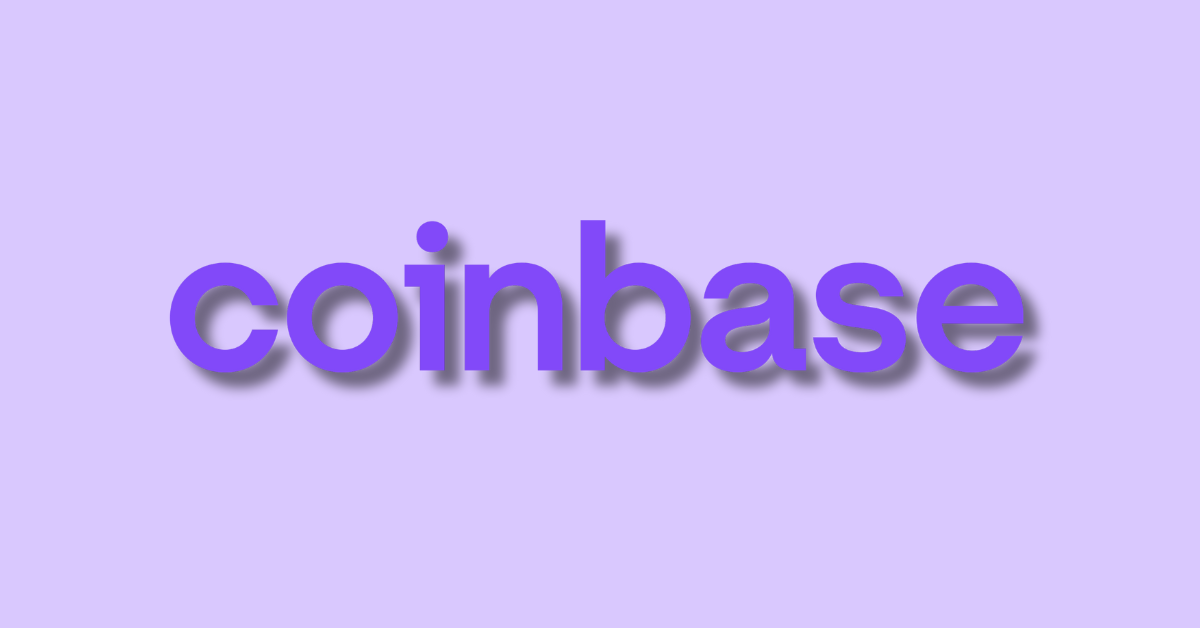
Coinbase has long been regarded as the entry point to crypto for many beginners, especially in the United States and Europe. It’s a publicly traded U.S. company (Coinbase, Inc.) and is known for its incredibly user-friendly app and website.
Coinbase supports around 300+ cryptocurrencies now (having expanded its listings a lot in recent years), focusing on quality and compliance of the assets. One big advantage of Coinbase is trust: it’s heavily regulated, it holds licenses in many U.S. states (including a BitLicense for New York), and as a result, it’s considered one of the most trusted exchanges for beginners.
Beyond basic buying and selling, Coinbase also offers Coinbase Pro (now called Advanced Trade in the main app), which you can use later for lower fees and more charting tools. They have features like recurring buys (to dollar-cost average), Coinbase Earn (learn about new cryptos and get small rewards), and even an educational section.
Fees & Supported Countries
Coinbase charges about 1.5% on most transactions (and even higher if you buy small amounts or use a credit card). They also built in a spread on the price. However, Coinbase now offers Advanced Trade for all users (in the same app or site), which has a fee schedule similar to other exchanges (starting around 0.4% taker / 0.0% maker for the lowest tier, which is much cheaper).
Coinbase supports over 100 countries worldwide for crypto trading. It’s widely available in North America, most of Europe, the UK, and has been expanding to places like Australia, Singapore, etc. Some features (like staking or certain coins) may not be available everywhere due to local laws. In terms of fiat, Coinbase primarily works with USD, EUR, and GBP for direct deposits and withdrawals (bank transfers, ACH, SEPA, etc.), and also allows debit card purchases.
9. LBank: Best for no-KYC trading
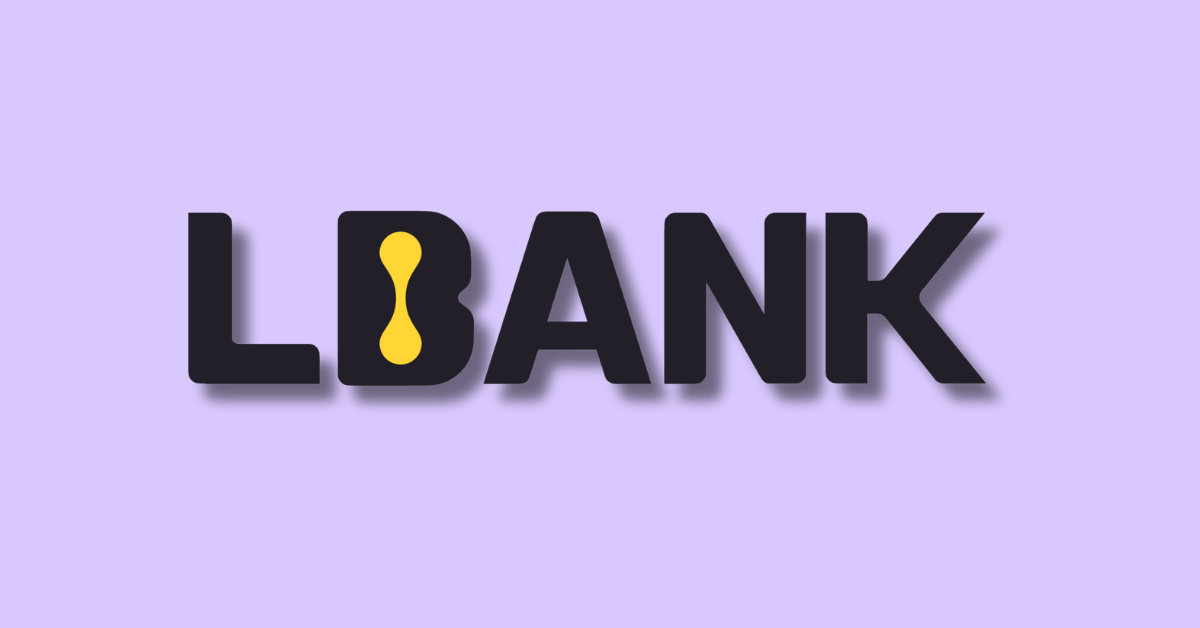
LBank is a no-KYC crypto trading platform for beginners, and it’s popular for a wide range of altcoins, particularly meme coins. If you value privacy or don’t want to go through identity verification to start trading (and your trades will be relatively small amounts), LBank could be appealing.
LBank offers 2,000+ cryptocurrencies, so you’ll find a lot of coins here, from major ones to tiny, speculative ones (especially those dog-themed or meme tokens – LBank has been known to list those early). The interface is decent and easy enough for beginners, though perhaps not as sleek as some top-tier exchanges.
Fees & Supported Countries
LBank has a simple, competitive fee structure. Spot trading fees are a flat 0.10% for both makers and takers. For futures trading, LBank’s fees are around 0.02% maker / 0.06% taker, similar to other platforms’ derivatives fees. LBank doesn’t charge deposit fees for crypto, and withdrawal fees are just the network cost per coin.
Since LBank is not heavily regulated, it’s technically available to users worldwide (210+ countries), except for a few sanctioned regions. But again, this one is no-KYC, so no restrictions.
10. Pionex: Best for trading bots
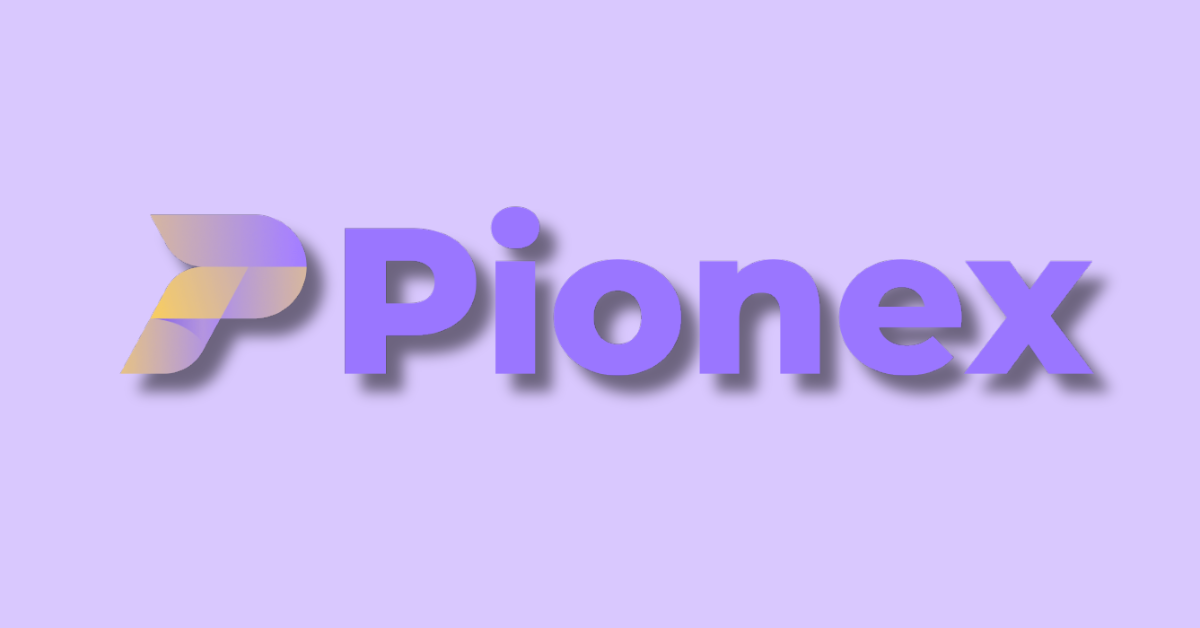
Pionex is a unique crypto exchange designed with built-in automated trading bots, making it ideal for beginners interested in algorithmic trading or passive strategies. There are 16 free trading bots available, including a Grid Trading Bot (which sets up a grid of buy/sell orders to profit from volatility), an Arbitrage bot, a DCA bot (auto dollar-cost averaging), Trailing Sell, and more.
Aside from bots, Pionex operates like a regular exchange too. You can manually trade about 300+ cryptocurrencies, and they aggregate liquidity from larger exchanges (like Binance and Huobi), which means you get good prices and fast matching.
Fees & Supported Countries
Pionex keeps it very simple: the trading fee for any spot trade is a flat 0.05% for both maker and taker. This is extremely low, about half of what most big exchanges charge.
Regarding availability, Pionex has a global version and also a specific U.S.-licensed version (Pionex US). Pionex US is FinCEN-regulated and currently offers a more limited selection of cryptocurrencies due to U.S. laws, but it allows American users to access the platform legally with the main grid bot features.
How to Choose the Best Beginner-Friendly Crypto Exchanges in 2025?
Choosing the best crypto exchange for beginners doesn’t have to be a confusing guessing game. You really need to focus on a few key areas to make sure the platform works for you.
- Security is Number One: You must look for exchanges with strong security features, right? That means two-factor authentication (2FA), holding the majority of user funds in cold storage (offline), and maybe even having an insurance fund against hacks. Kraken and Coinbase are excellent choices here because they are known as the most secure crypto exchanges for beginners.
- User Experience (UX): Honestly, as a beginner, you want the easiest, most user-friendly interface possible. Look for simple ‘Buy’ and ‘Sell’ buttons, clear navigation, and a platform that doesn’t bombard you with confusing charts and complex terms immediately. Kraken’s main app is built for exactly this purpose.
- Fees Structure: You need to understand the fees before you start trading. Are there high deposit fees for using a credit card? What about withdrawal fees for sending your crypto to an external wallet? Go for exchanges like MEXC or Pionex if low trading fees are your main concern.
- Regulatory Compliance and Trust: You should pick an exchange that is regulated and compliant in your region. For U.S. traders, this means using platforms like Coinbase or Kraken. Being licensed adds a huge layer of trust and ensures that the exchange follows certain financial rules, which totally protects you.
- Supported Cryptocurrencies: If you just want Bitcoin and Ethereum, most exchanges will work fine. However, if you’re interested in smaller altcoins, you’ll need to look at exchanges like KuCoin or BingX, which offer a much wider selection of digital assets.
- Customer Support: When you have a problem, you want to be able to talk to someone fast. Look for platforms that offer 24/7 live chat support. Kraken is generally rated highly for its excellent customer service availability.
What Is a Crypto Exchange?
A cryptocurrency exchange is basically an online platform where you can buy, sell, or trade cryptocurrencies. If you’re just starting out, you might use an exchange to turn your regular money (like USD or EUR) into crypto, which is called a fiat-to-crypto exchange (for example, using dollars to buy Bitcoin).
Other top exchanges also allow you to swap one crypto for another (say, Bitcoin to Ether), which is crypto-to-crypto trading.
There are two main styles of exchanges:
- Broker-like exchanges: These make it super simple. They sell you crypto directly at a set price (usually with a fee included). You say, “I want to buy $100 of Bitcoin,” the exchange will quote you an amount, and you hit buy. Coinbase’s main interface works like this – easy and straightforward, no need to fiddle with orders.
- Trading platforms: These are more like stock exchanges. They match buyers and sellers on an order book. You can place an order to buy at a certain price, and if a seller wants to sell at that price, the exchange matches you, and the trade happens. This can sound complicated, but modern interfaces (like on Binance, Kraken, etc.) make it user-friendly with market orders (instant buy at current market price) or limit orders (set your price).
How Do Cryptocurrency Exchanges Work?
Basically, they operate based on an order book system.
- You Deposit Funds: First, you need to fund your account. You can typically deposit fiat money (like USD) from your bank account or a credit card, or you can deposit existing crypto you already own.
- The Order Book: The exchange maintains an electronic ledger called an ‘order book.’ This book lists all the current “buy” orders (bids, or what people are willing to pay) and “sell” orders (asks, or what people are willing to sell for) for a specific cryptocurrency, say Bitcoin.
- You Place an Order: When you want to buy, you place an order.
- A Market Order means you want to buy or sell immediately at the current best available price in the order book. This is the fastest way, but you pay a small fee as a ‘taker.’
- A Limit Order means you set a specific price you are willing to buy or sell at. Your order sits in the order book and waits until a matching order comes along. You often pay a lower fee as a ‘maker’ for this.
- Matching and Execution: The exchange’s trading engine instantly looks for a match in the order book. When a buyer’s price matches a seller’s price, the trade is automatically executed, and the transaction is recorded.
- Your Account is Updated: The cryptocurrency is then deposited into your exchange wallet, and the fiat money is sent to the seller (or vice-versa), and the exchange charges a small commission, which is your trading fee.
What are the Types of Crypto Exchanges Beginners Can Use?
When stepping into crypto, you’ll find there are a few different types of best crypto exchanges for beginners. Each type works a bit differently. Let’s break down the main ones a beginner might encounter:
Centralized Exchanges (CEXs)
A Centralized Exchange (CEX) is like a traditional exchange that’s run by a company or organization. They act as intermediaries in trades. You sign up (often with an email and password, and usually go through KYC verification), deposit your funds, and the exchange handles the transactions for you. Centralized means there’s a central authority (the company) controlling the platform, order matching, custody of assets, etc.
For example:
Binance, Coinbase, Kraken, and all the top 10 we listed are centralized crypto exchanges. You trust them with your money in the sense that if you have $1,000 on Coinbase, Coinbase’s system is holding that for you – you rely on them to safeguard it.
For a beginner, centralized exchanges are usually the easiest and most straightforward way to start. They’re like using a bank or stockbroker, a familiar structure.
Decentralized Exchanges (DEXs)
A Decentralized Exchange (DEX), on the other hand, operates without a central authority. Instead of a company holding your funds and matching orders, a DEX is often just a set of smart contracts on a blockchain that allows users to trade directly peer-to-peer (or peer-to-pool).
The most common type of DEX in recent years is the automated market maker (AMM) style. The best decentralized exchanges like Uniswap, SushiSwap, and PancakeSwap are examples. On these, there isn’t a traditional order book. Instead, funds are held in liquidity pools by other users (liquidity providers), and you trade against those pools. A formula determines the price based on the ratio of tokens in the pool, and it automatically adjusts as trades happen.
There are also order-book DEXs (like dydx or certain on-chain order books), but they are a bit more complex and less common for beginners.
Brokers vs. Trading Platforms vs. Peer-to-Peer
- Brokers: These are platforms like the simple interface of Coinbase or Robinhood Crypto that essentially sell crypto directly to you at a price they set (often with a spread included). They are the absolute easiest to use for a quick buy, but often charge the highest fees.
- Trading Platforms (CEXs): These are platforms like Kraken Pro or Binance, where you trade directly with other users via an order book. They offer much lower fees and more advanced tools, but require a little more understanding of markets. Most of the best crypto exchanges for beginners on our list are trading platforms.
- Peer-to-Peer (P2P): This is where you directly trade with another person, and the platform acts as an escrow to hold the crypto until the payment is confirmed. P2P offers great privacy and a variety of payment methods, but it can be a bit slower and sometimes carries a higher risk of meeting fraudulent parties.
Read: Best crypto exchanges in Europe
How Beginners Can Get Started With a Crypto Exchange?
Step 1: Choose Your Exchange as a Beginner
First, you need to decide which crypto exchange is the best for beginners. If you value ease and security above all else, go with Coinbase or Kraken. If you are looking for the lowest fees, then MEXC or Pionex are great choices. Look, the one you pick must be available in your country and follow all your local regulations, okay?
Step 2: Sign Up and Complete Verification (KYC)
You will need to create an account using your email and a strong password. Almost every reputable exchange will require you to complete a Know Your Customer (KYC) verification. This means you have to submit a government-issued ID and sometimes a utility bill for proof of address. Seriously, this step is important for compliance and security and allows you to access higher deposit and withdrawal limits.
Step 3: Enable Two-Factor Authentication (2FA)
No way can you skip this step! Go into the security settings immediately and set up 2FA using an app like Google Authenticator. This adds a second layer of security, making it incredibly hard for hackers to access your account even if they know your password. This is totally vital for the most secure crypto exchange for beginners.
Step 4: Link Your Funding Source
Next, you need to link your bank account to your chosen best crypto exchange for beginners. A bank transfer (ACH) is usually the cheapest way to deposit fiat currency. Avoid credit cards or debit cards for large purchases, as their fees can be totally painful.
Step 5: Make Your First Deposit
Deposit a small, manageable amount of money that you are comfortable risking. This first deposit is just to test the waters and get a feel for the process. Once the money hits your account, you are ready to buy.
Step 6: Buy Your First Crypto
Look for the simple “Buy” tab. As a beginner, you should mainly focus on well-known coins like Bitcoin (BTC) or Ethereum (ETH). Select the cryptocurrency you want, enter the amount in USD, preview the order to check the fees, and then hit “Buy.” You just became a crypto investor, right?
Step 7: Think About Security and Your Own Wallet
While your funds are technically held by the exchange, for long-term investing, the safest way is to move your crypto to your own private, non-custodial wallet (like a hardware wallet). This is called self-custody. You don’t have to do this right away, but it’s something you should learn about eventually.
Conclusion: What Is the Best Cryptocurrency Exchange for Beginners?
Honestly, after looking at all the options, here is the basic truth: The best crypto exchanges for beginners in 2025 are Kraken and Coinbase.
The reason is simple: You need an exchange that is incredibly easy to use, highly regulated, and inspires immediate trust when you’re just starting out. Coinbase’s simple app interface, its status as a publicly traded company, and its fantastic educational program (Coinbase Earn) make it the most user-friendly crypto exchange for beginners. Yes, the fees for instant buys are a bit higher, but that small premium is absolutely worth it for the peace of mind and the totally smooth onboarding experience you get.
However, once you get comfortable and want to reduce those fees, you should really graduate to using a top platform like Kraken (if you’re in the U.S.) for its superior security and low advanced trading fees, or Bitget (if you are a global user) for its great copy trading features.
FAQs
What is the best crypto to buy for beginners?
The best crypto to buy today for a beginner is almost always Bitcoin (BTC) or Ethereum (ETH). These are the two largest, most established, and most liquid cryptocurrencies. They are totally less volatile than smaller altcoins and have the highest chance of long-term survival and growth. Just stick with those two to start.
Which crypto exchange is best for long-term investment?
Kraken is genuinely considered the best crypto exchange for long-term investment because of its decade-long, impeccable security track record and full transparency. Coinbase is a close second, mainly because it’s a publicly traded company that has to follow a lot of strict rules, adding a huge layer of trust and security for holding funds over a long period.
Which is the most secure crypto exchange right now?
The most secure crypto exchange right now is definitely Kraken. They have a fanatical focus on security, hold the majority of their assets in offline cold storage, and have never suffered a major, catastrophic hack. They totally encourage self-custody, which is a great sign of their focus on user protection.
Which beginner’s exchange doesn’t require KYC?
Generally, most major centralized exchanges require full KYC for you to use all their features and deposit/withdraw large amounts. However, platforms like LBank and MEXC allow users to trade and withdraw up to a certain daily limit without completing full KYC verification, which is why they are often used for no-KYC trading.
What best crypto exchanges are regulated in the US?
The best crypto exchanges that are regulated in the U.S. are Coinbase and Kraken. These platforms comply with stringent U.S. federal and state financial regulations. Pionex also holds a FinCEN MSB license, allowing it to operate in many U.S. states, which is a sign of good compliance.
Which crypto app has the lowest trading fees?
MEXC has the lowest trading fees right now, offering a 0.00% maker fee on spot trading. Pionex is also incredibly competitive with a flat 0.05% maker/taker fee on spot trading. These are seriously the best options if minimizing transaction costs is your main goal.
What is the most popular crypto trading platform for beginners?
The most popular crypto trading platform for beginners is undeniably Coinbase. It just has the highest brand recognition, the easiest onboarding process, and is often the first exchange people hear about and sign up for when they decide to buy crypto for the first time.
What is the easiest crypto exchange to use for newbies?
The easiest crypto exchange to use for newbies is Kraken or Coinbase. Their main app is designed with a very simple, minimalist interface that strips away all the complex charting and order book stuff, making it super easy to complete a purchase in seconds.
What is the most user-friendly cryptocurrency exchange for beginners?
Bitget, Kraken, and Coinbase are absolutely the most user-friendly cryptocurrency exchanges for beginners. Everything from signing up to buying your first crypto is totally streamlined and simple. Their educational content also helps you learn in a low-pressure environment.
What is the most trusted exchange beginners can use?
The most trusted exchange beginners can use is either Coinbase (due to being publicly traded and U.S. regulated) or Kraken (due to its long history and extreme focus on security). Seriously, you can’t go wrong with either of those two for trust.
What is the best exchange for leverage trading?
The best exchange for leverage trading is typically Bybit or Binance. They both offer a wide range of perpetual futures contracts, high leverage options, and extremely fast execution engines. However, as a beginner, you should totally avoid leverage trading for a long time, as it carries extremely high risk.
Disclaimer: This content is for general information only and not investment advice or a solicitation to buy, sell, stake, or hold any cryptoasset. Crypto markets are volatile and may result in loss of funds. Some products are unregulated and may lack government or regulatory protection. Services for U.S. and U.S. territory customers are provided by Payward Interactive, Inc. (“PWI”) dba Kraken, a FINCEN-registered money services business and subsidiary of Payward, Inc.



